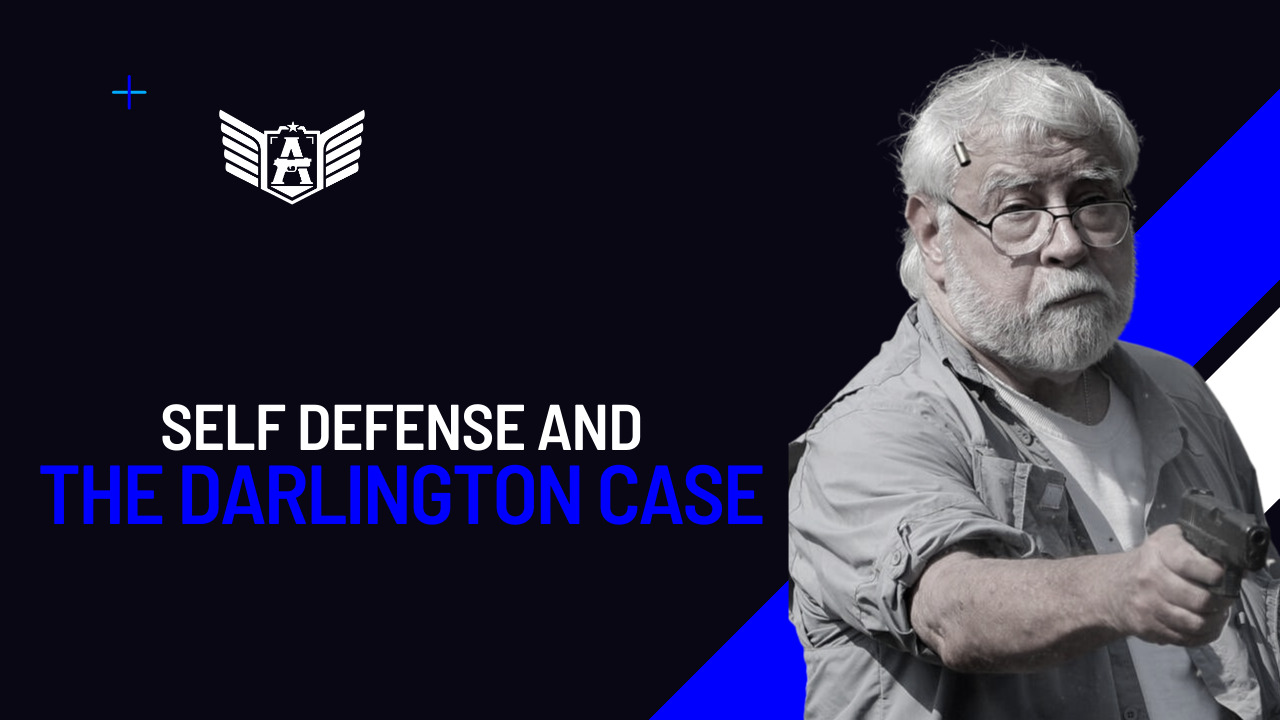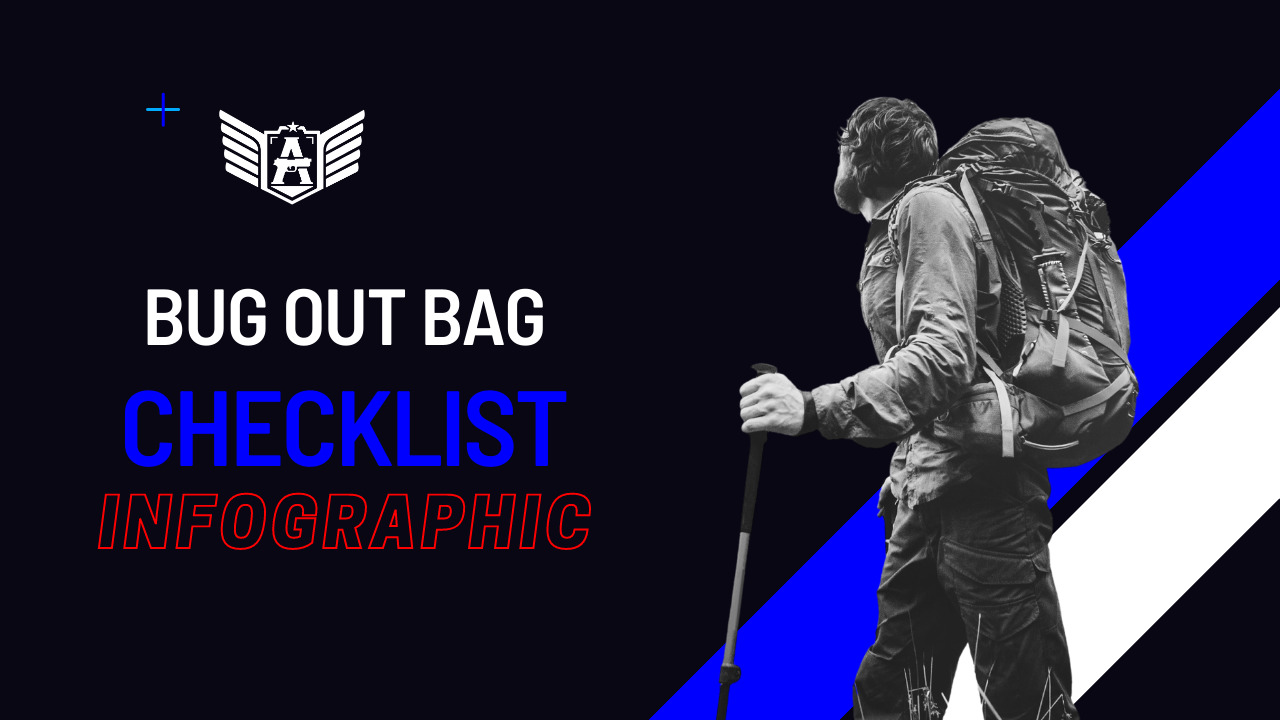
While traveling across the United States, I’ve noticed that people’s level of attention to their surroundings is decreasing. This applies not only to a particular generation but to all, including armed citizens and law enforcement.
Situational awareness is part of a triad that forms a combat mindset, alongside training and equipment. This text provides 10 simple habits you should incorporate into your daily routine to enhance your situational awareness.
- Keep Your Head Up and Look Around
Let’s start with the basics. To be aware of your environment, you need to look at it. Avoid walking with your head down, whether due to poor posture or electronic devices.
- Look for Weapons
Search for signs of weapons on individuals, starting with the waistline.
- Look for Improvised Weapons
Be attentive to objects in the environment that may not initially be weapons but could be used as such, like kitchen knives, sticks, glass bottles, etc.

- Establish an Escape Route
When things go south, where will you go? Anticipate how to position yourself tactically superiorly in advance.
- Play the “What If Game”
You may already be familiar with the “What If Game,” which encourages people to mentally prepare for scenarios and find the best solutions to anticipate decision-making.
I like the idea and recommend it with a twist. Replace “What If” with “When a certain event occurs.”
If something can go wrong, it will, at the worst possible moment. Keep that in mind.
- Traffic Lights Aren’t for Checking Social Media

Traffic lights are like choke points. People are stationary for a determined period, trapped in their vehicles like fish in a barrel.
Don’t make life easy for your enemies:
a) Reduce speed before reaching a red light to minimize the time spent stopped.
b) When stopped, check all mirrors 360° for threats.
c) For heaven’s sake, don’t use this time to check your social media.
- Having firearms at home won’t help if you’re caught off guard.
Once your adversary breaches your door, it’s too late to start an armed response.
It’s 2023. Install, at a minimum, perimeter alarms around your home and be informed in advance of a potential intruder.
- Pay Attention to Behaviors
I recently entered a café in Fort Lauderdale and noticed a group of four police officers having breakfast. Since I had just released my book, I decided to give them a copy as a gift to help improve their technical skills.
As I was also having breakfast, I chose to finish first. Throughout my meal, I stared at the four officers. None of them noticed. Something is amiss.
Always be attentive to the body language of people around you. It speaks volumes.
- What’s Out of the Ordinary?
Pay attention to details for things that don’t fit. Heavy clothing on a hot day. A wounded hand. A fighter’s cauliflower ear. Objects out of place. Individually, these may not mean much, but in conjunction with the environment, they can enhance your perception of a larger threat.
- Evil Exists
In a sufficiently healthy environment, it’s easy to forget that evil exists. We let our guards down, leave our children unattended, and ignore potential risks.
For most people in a healthy society, fortunately, evil may never present itself. However, when it does, the results can be catastrophic.
If you’ve made it this far in this text, I’m certain you care about the safety of those around you and are aware that bad people are always nearby. Make sure to keep this in mind at all times.
Final Thoughts
It’s much easier to fight something expected than something that was unpredictable. Situational awareness is directly related to success in combat and should be practiced daily, becoming an inseparable habit of the individual.
These ten tips set a course for your path but don’t exhaust the topic. Stay vigilant and keep training and studying.
Nullius in verba





Comments on “10 Tips on Situational Awareness to Avoid Being Caught Off Guard”